Contact Us
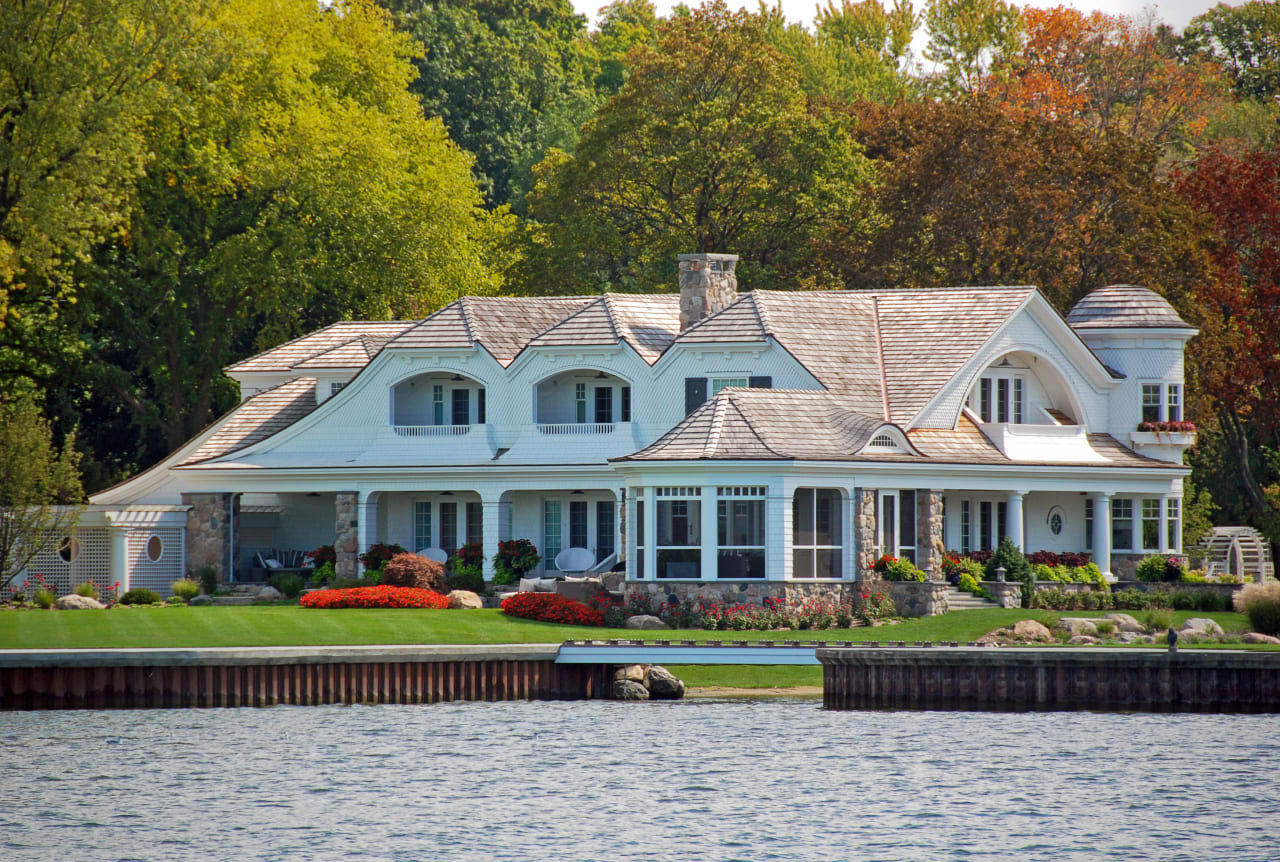
The Importance of Timely Seawall Repair and Maintenance
Living by the coast is a dream for many, offering a tranquil and stunning backdrop for daily life. Seawalls protect the integrity of coastal properties
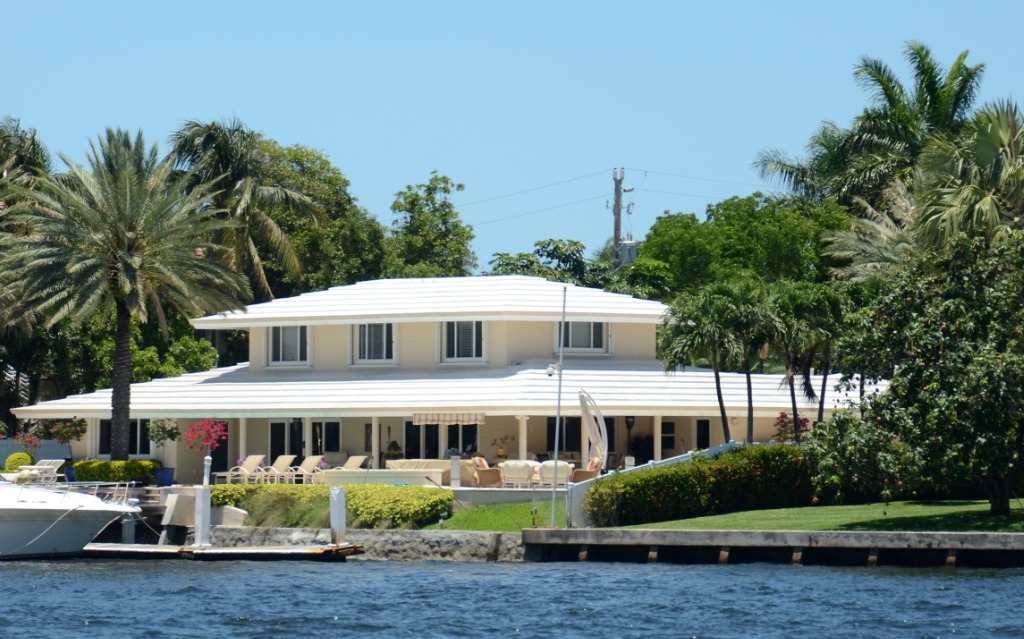
If you own property next to a waterway or along the beach, you know that erosion can be a major concern. One of the smartest ways to deal with the impact of ever-changing tides is adding a seawall to stop waves from eroding your landscaping and affecting your property line.
A question we get often is, how do you know which type of seawall is best for your needs? Let’s dive deeper into the materials and structures of most seawalls to understand what features are most important for you.
Seawalls are self-explanatory; they act as a barrier between your property and the water. Most waterfront properties can benefit from a seawall as an extra layer of protection against wave damage, both from long-term exposure and storms. They typically are one of these three shapes:
Mounded – works well in gentle waters with a sloped or mounded pile of materials
Curved – redirects waves back into the water with a concave structure
Vertical – stops waves with a wall perpendicular to the water to absorb the waves’ energy
In addition to these three main shapes, there are also four main materials used for seawall construction:
Wood, suitable for canals or small lakes with minimal waves
Metal, such as steel, for heavy exposure to strong waves
Concrete, with or without reinforced steel, to stand up to heavy waves
Vinyl or composite, for low-impact waterfronts or as a replacement for damaged concrete walls
Determine which material works best in your setting; for example, you may not want to use wood or metal for oceanfront property, as the salinity and strength of the waves can damage both faster than they would for concrete or composite.
The strength of the water and the impact of the waves are important factors when selecting a seawall, but you should also consider the amount of use along your waterfront. A home or business on a man-made body of water that serves as a retention pond or feature tends to be calm, which means a simple riprap mound wall would be sufficient.
On the other hand, if you live on a popular boating lake or own a deep-water property, you may see large wakes that can erode your shoreline. A stronger reinforced concrete wall may be necessary for the level of protection you require.
Keep in mind that you may need to investigate local or state guidelines for seawall construction before beginning any waterfront modification. Talk to the experts at All State Civil Construction to learn more about seawall repairs or maintenance. We can help you navigate the world of seawalls so that you can enjoy your waterfront property for years to come.
Contact us online, or call our team directly at (386) 465-2187 today!

Living by the coast is a dream for many, offering a tranquil and stunning backdrop for daily life. Seawalls protect the integrity of coastal properties
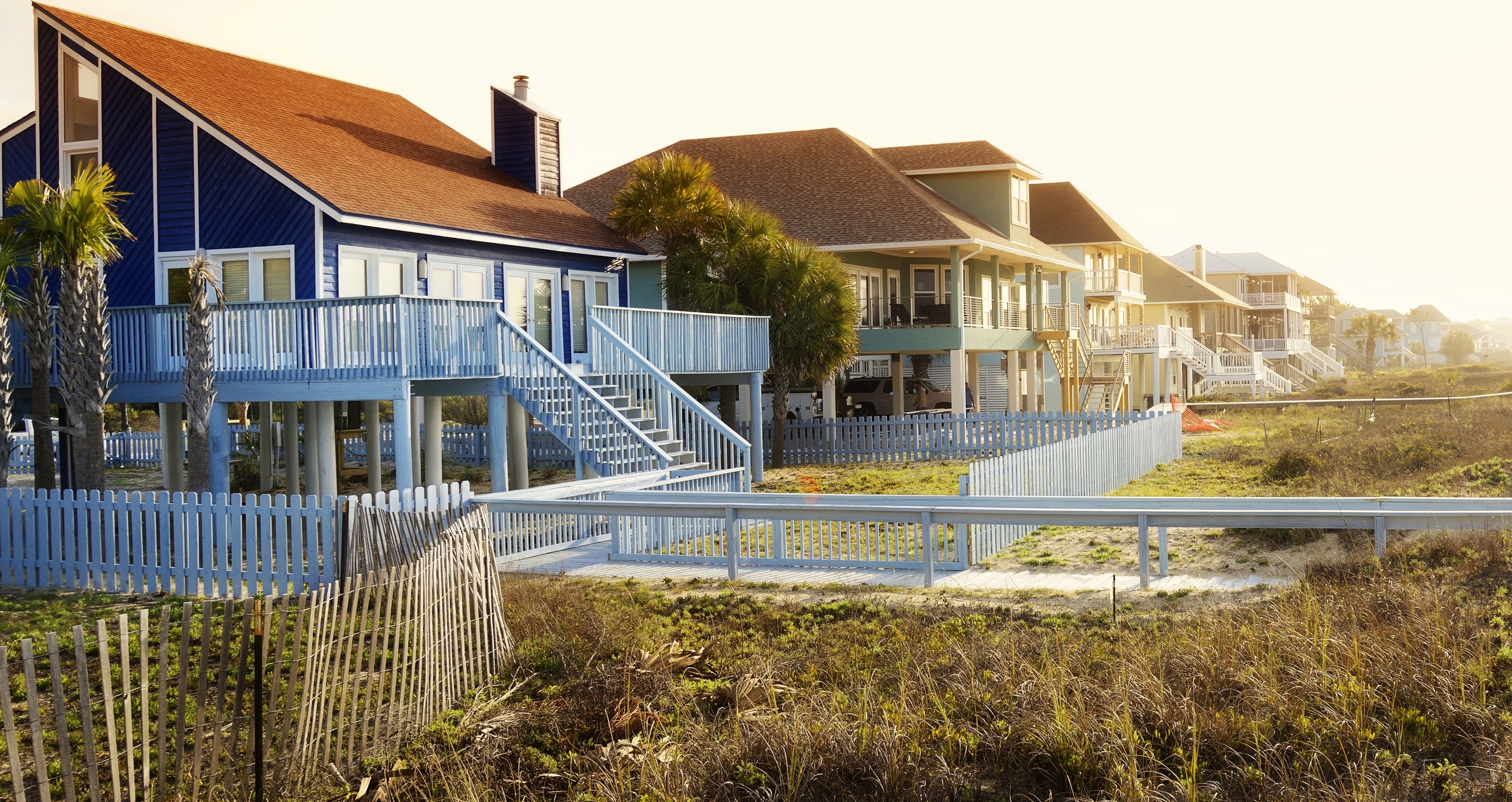
Living by the shore in Florida can be a dream for many homeowners. The salty breezes, the crashing waves, and the stunning sunrises paint a picture
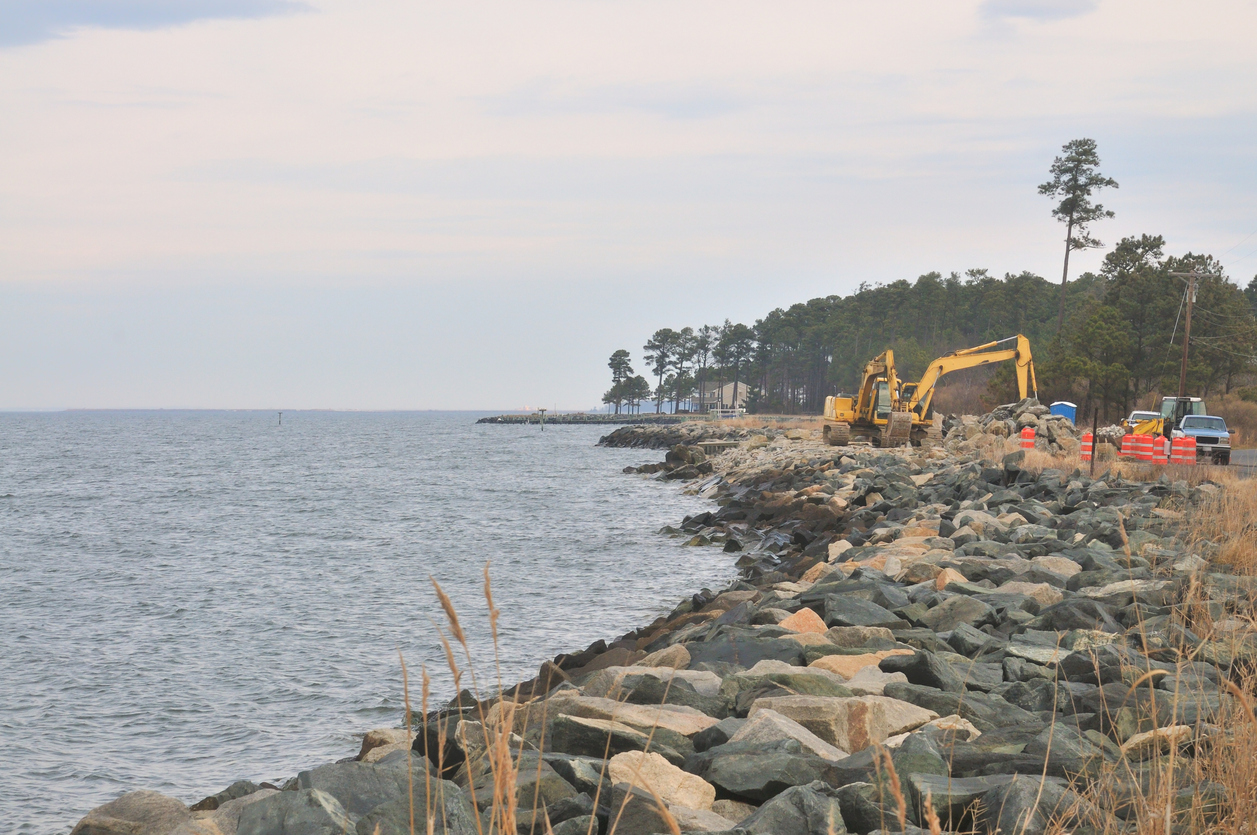
While living on the waterfront offers advantages, it also exposes properties to vulnerabilities such as erosion, flooding, and pests.
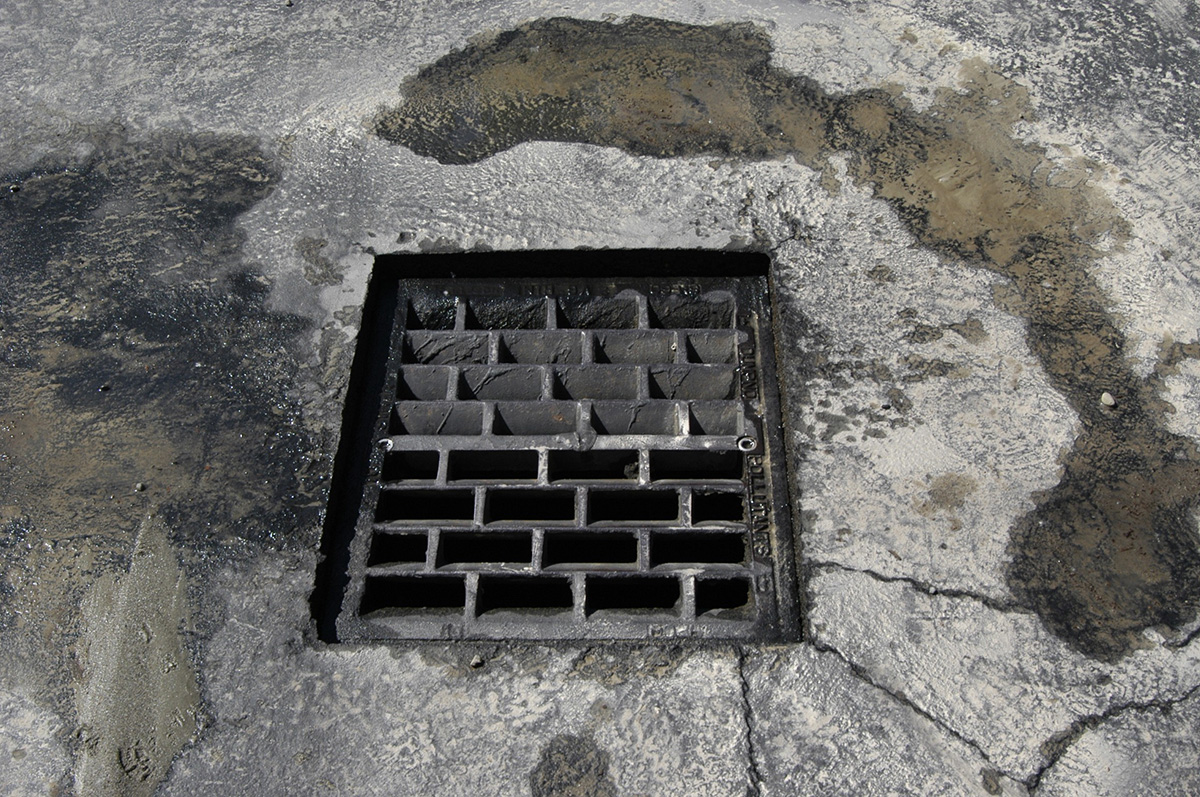
Are you a property or business owner looking for ways to protect your property and the surrounding environment?
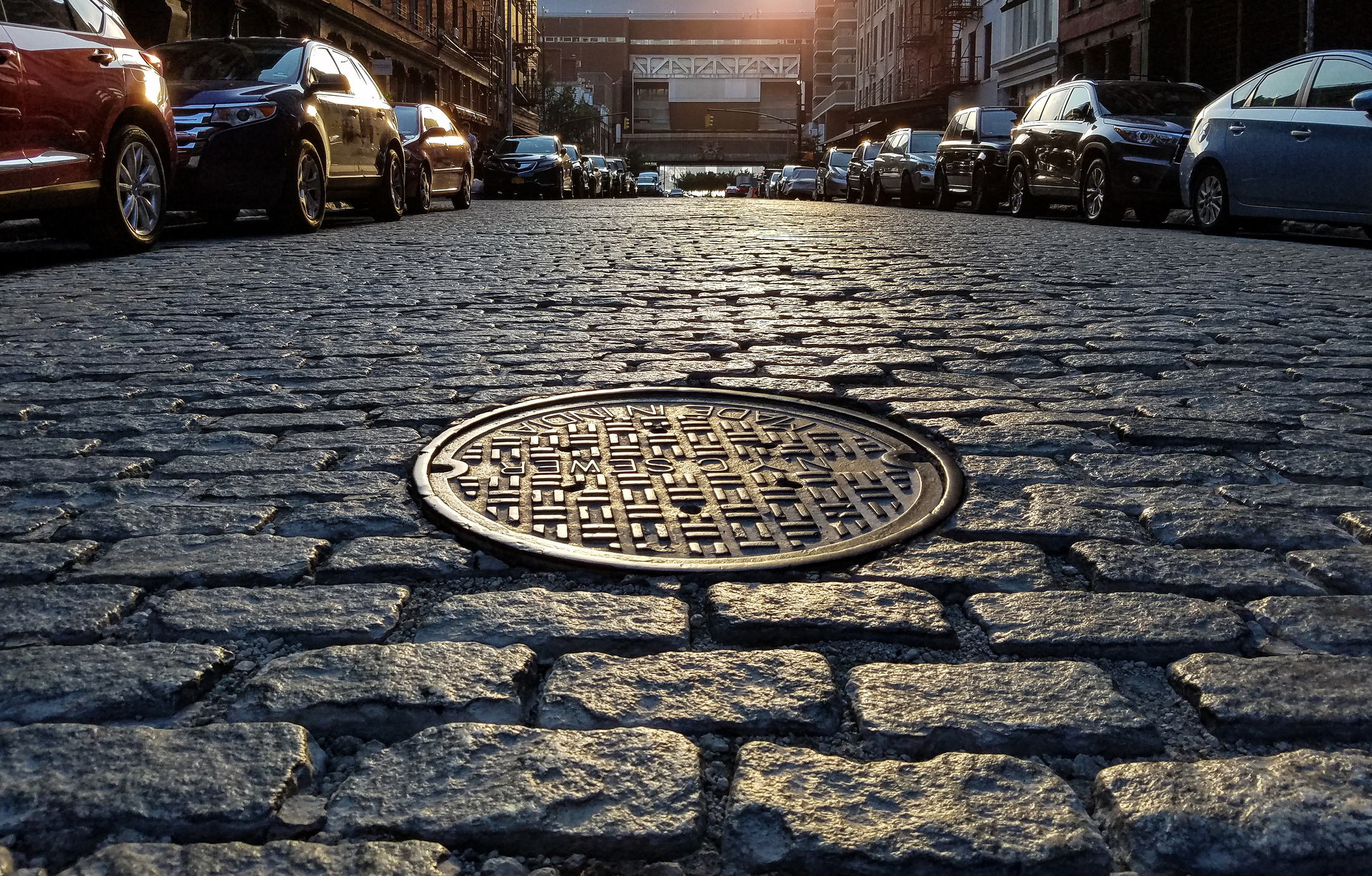
Sewers play a vital role in making our cities and towns more livable, healthier, and safer. They effectively transport human
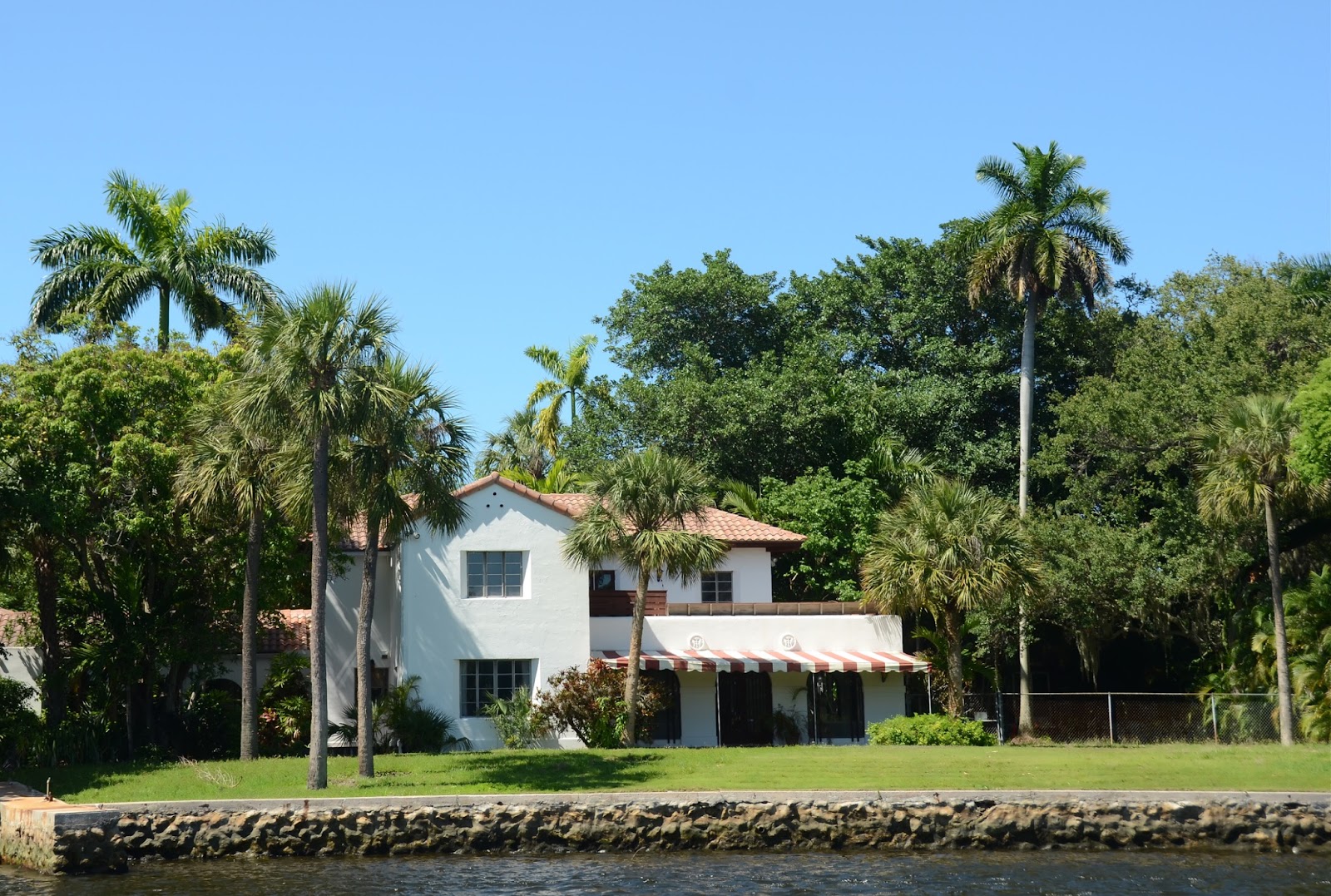
As a property owner considering seawall construction, you need to understand which seawall design is best suited
Contact Us


Please fill out the form below if you have any questions or give us a call at (386) 681-8105.